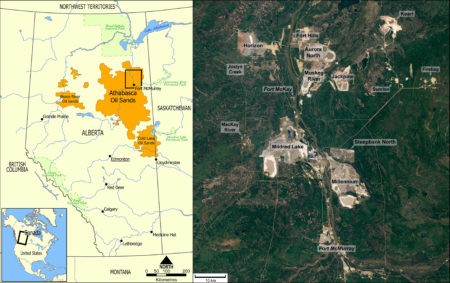Workshop XXVII, Jordan Kinder, 13 July 2021
In his presentation “Petroturfing and the Oil Culture Wars in Canada”, Jordan Kinder, a Postdoctoral Fellow at the Department of Art History & Communication Studies at McGill University, Montréal, discussed his upcoming book about the emergence of Canada’s pro-oil movement during the 2010s. This movement presents Canadian oil as an economically, socially and ecologically progressive force, in particular on social media platforms, in an attempt to contribute to delaying and stifling a fair transition beyond the fossil economy.
Kinder’s forthcoming book Petroturfing offers a critical analysis of the emergence of Canada’s pro-oil movement, which he traces back to the launch of Ezra Levant’s Ethical Oil: The Case for Canada’s Oil Sands (2010). Ethical Oil recasts the production and consumption of Canadian oil as ethical, serving as a form of manifesto for the pro-oil movement in Canada. The period between 2010 and 2020 is a time of considerable activity surrounding the expansion of Canada’s fossil economy and sees the development of numerous pipeline projects, and Kinder tracks how petroturfing took shape to promote these pipelines and establish the “oil culture wars”.
The pro-oil movement, which is made up of various groups and organisations, uses social media as a means to build legitimacy and authenticity to sustain this energy regime. A case in point here is Rally 4 Resources, which was created in 2016 in response to what the movement saw as the marginalisation of Canada’s oil and gas industry in need for grassroots advocacy. Since its foundation, the group has grown from a largely social media-based phenomenon into an organisation which stages increasingly well-attended on-the-ground demonstrations. Pro-oil groups such as Rally 4 Resources shape people’s energy consciousness by means of legitimation through circulation.
“Petroturfing” is a play on the concept of astroturfing, and describes the actions of well-connected and dubiously funded groups that disingenuously profess grassroots origins to promote Canadian oil, circulating claims that the oil industry together with its workers and supporters are unfairly targeted by anti-extraction groups. Petroturfing thus encapsulates the process through which pro-oil groups, regardless of the questionable origins of their claims, eventually gain genuine support.
Kinder exposes the media tactics which are used to maintain the status quo in an attempt to question the ways in which the architectures and infrastructures of social media have nurtured these disingenuous modes of presentation. He encourages us to interrogate the ways in which social media reproduces extractive capitalism’s ideologies. The realisation of a more equitable future beyond the fossil economy will be further delayed if the conflict at the heart of “the oil culture wars” intensifies, between those who see an urgent need to transition away from the fossil economy’s socially and ecologically destructive inertia and those who want to maintain the fossil economy through the expansion of the fossil fuel infrastructure.
Petroturfing I Oil Culture Wars I Canada I pro-oil movement I social media platforms I media tactics I grassroots I energy consciousness




